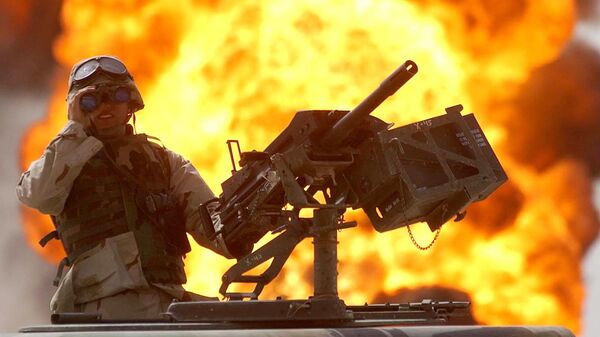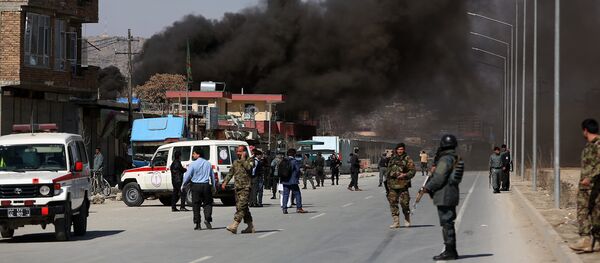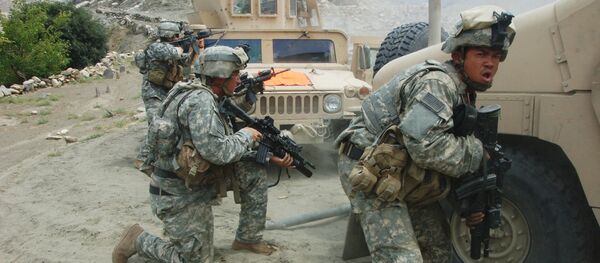The US has maintained a powerful military presence in countries across the Middle East for years, and the Trump administration does not seem likely to reverse that trend.
There is a “general understanding on both sides that it would be in the long-term interests” of Washington and Baghdad to keep a “continued presence” within Iraq’s borders, a US official told Stars and Stripes.
Still, there has been no clarification as to what a “long-term US presence would look like,” and furthermore, “nothing has been finalized.”
An Iraqi official told Stars and Stripes about five bases near Mosul and the Iraq-Syria border where it would make the most sense to station US soldiers. By classifying the ground units as “advisers,” the US federal government could bypass the need to get congressional authority for the move, the official added.
Iraqi Prime Minister Haider al-Abadi also seeks a “modest” number of Iraqi security forces near Mosul, where Baghdad’s forces have teamed with the US-led coalition since October of last year to oust Daesh.
The US official who spoke with the news outlet said troop deployments would be “similar” to what is currently there, but perhaps “a little more.”
At least one major regional player, Tehran, is skeptical about the need for the American forces in Iraq.
“Why is al-Abadi using American security partners” asked Jafar al-Husseini, a spokesman for Kataib Hezbollah, “when Iraqi security forces and the Popular Mobilization Forces have the ability to protect internal roads and borders?” The Iraqi-based Shite militia has deep ties with Iran.
In early April, the Afghan ambassador to the US claimed that by the end of Trump’s first term, Afghan security forces would be sufficiently prepared to deal with jihadi terror groups in their country without the help of US troops and advisers.




